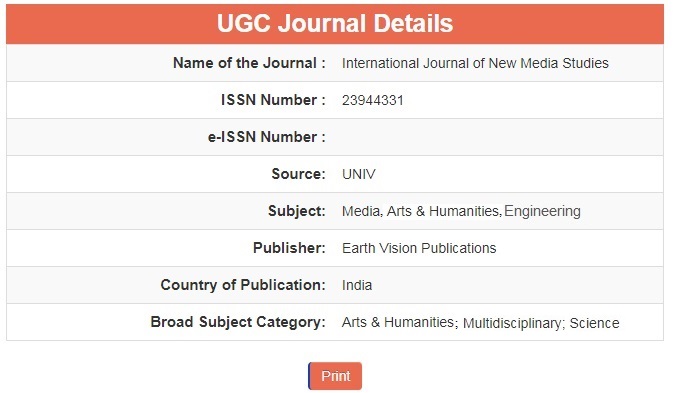Deconstructing Myth and Identity: The Chinese-American Woman in Amy Tan's The Kitchen God's Wife
Abstract
This article explores the identity of the Chinese-American woman in Amy Tan's novel The Kitchen God's Wife, paralleling it with the ancient Chinese myth of the Kitchen God. Tan deconstructs the traditional myth, reimagining the Kitchen God's wife not as submissive and obedient but as a woman of the modern world who actively fights for her rights and asserts her identity. By intertwining Chinese mythological elements with the personal struggles of contemporary Chinese-American women, Tan addresses the complex interplay of heritage, customs, and modern life. She elevates mythological motifs to engage with the challenges of cultural assimilation and the search for national identity. Through this, Tan highlights both the gains and losses that arise from the interaction between Chinese and American cultures. By revisiting the Kitchen God myth, she reexamines moral bonds and redefines the concept of identity for the modern Chinese-American woman.






